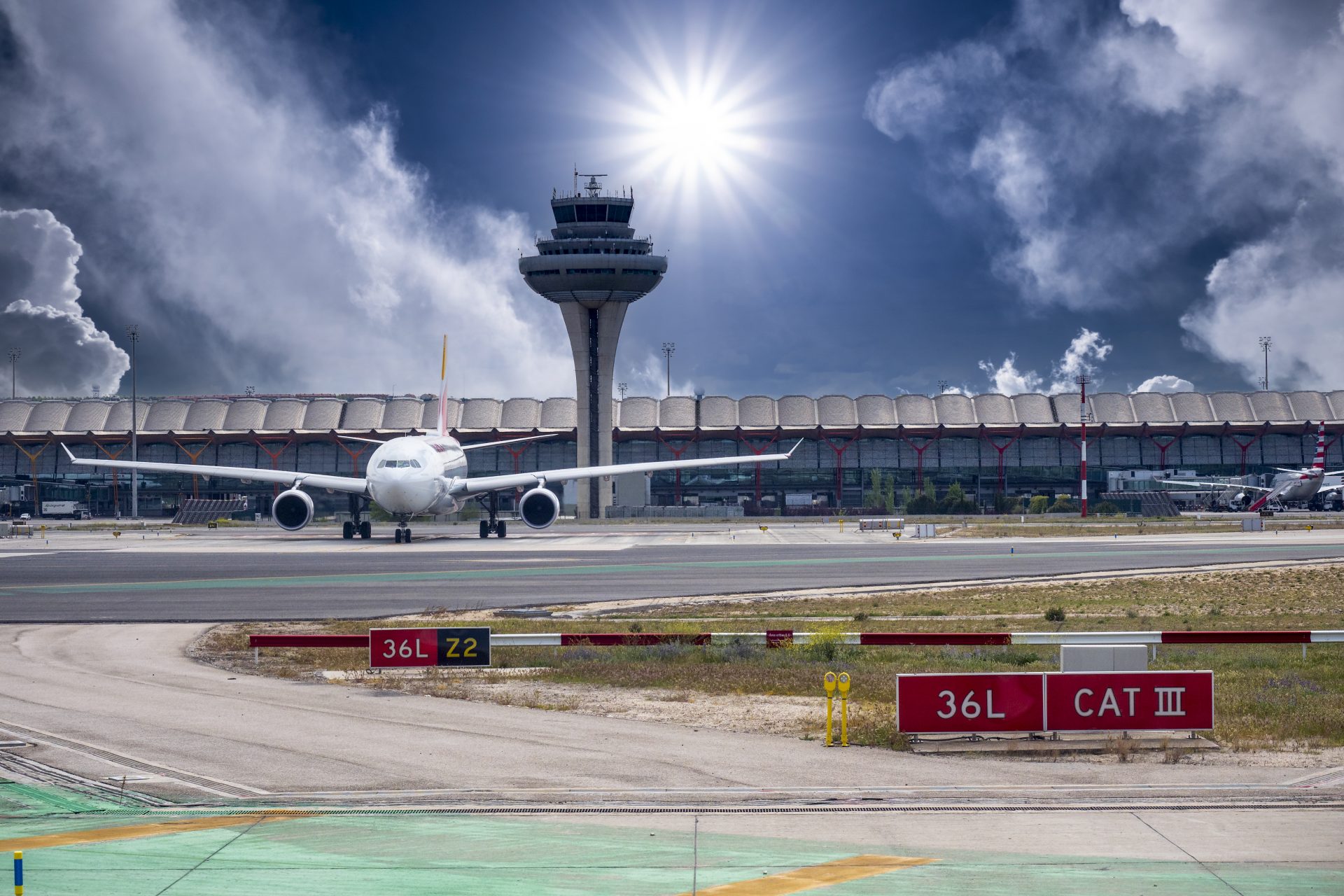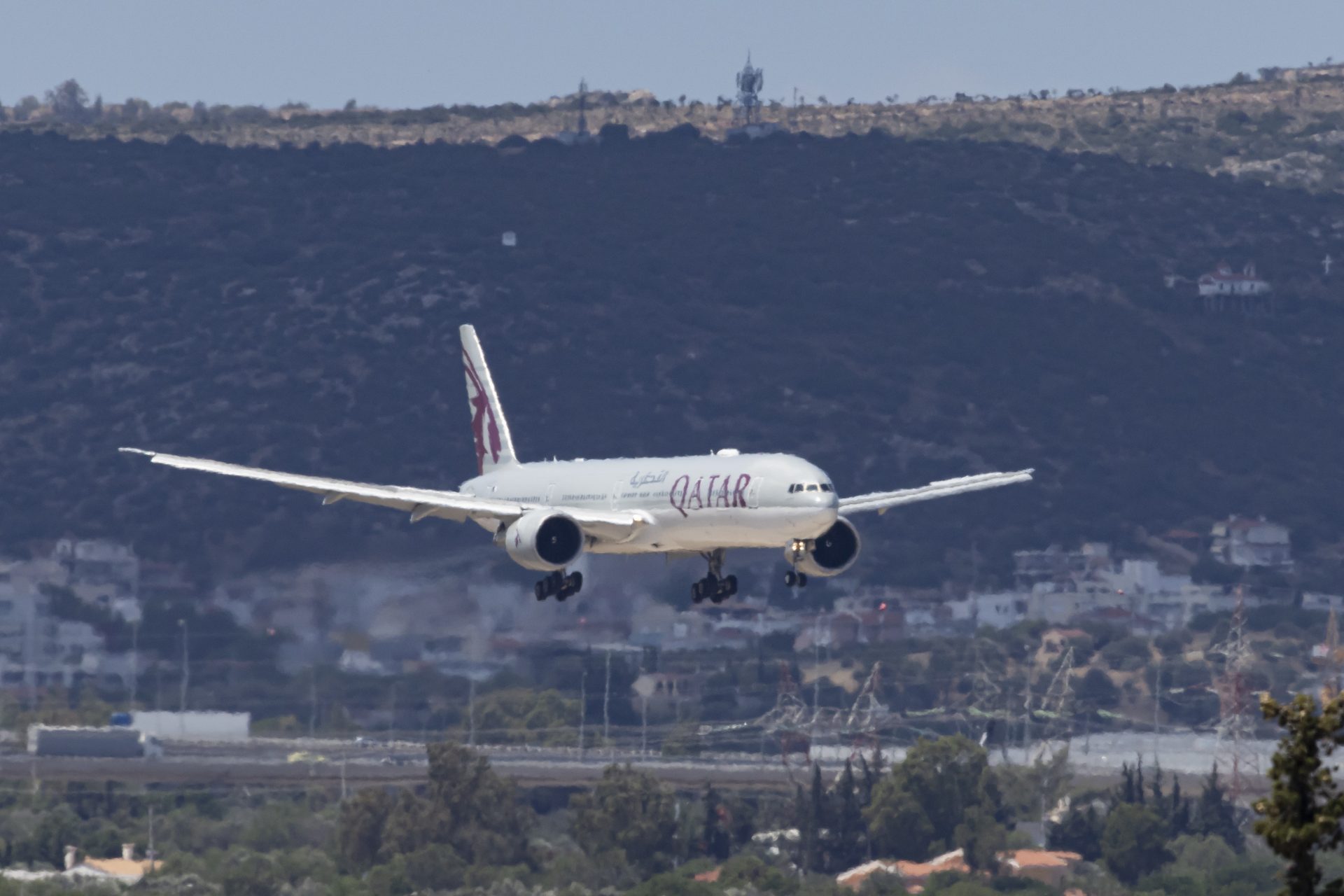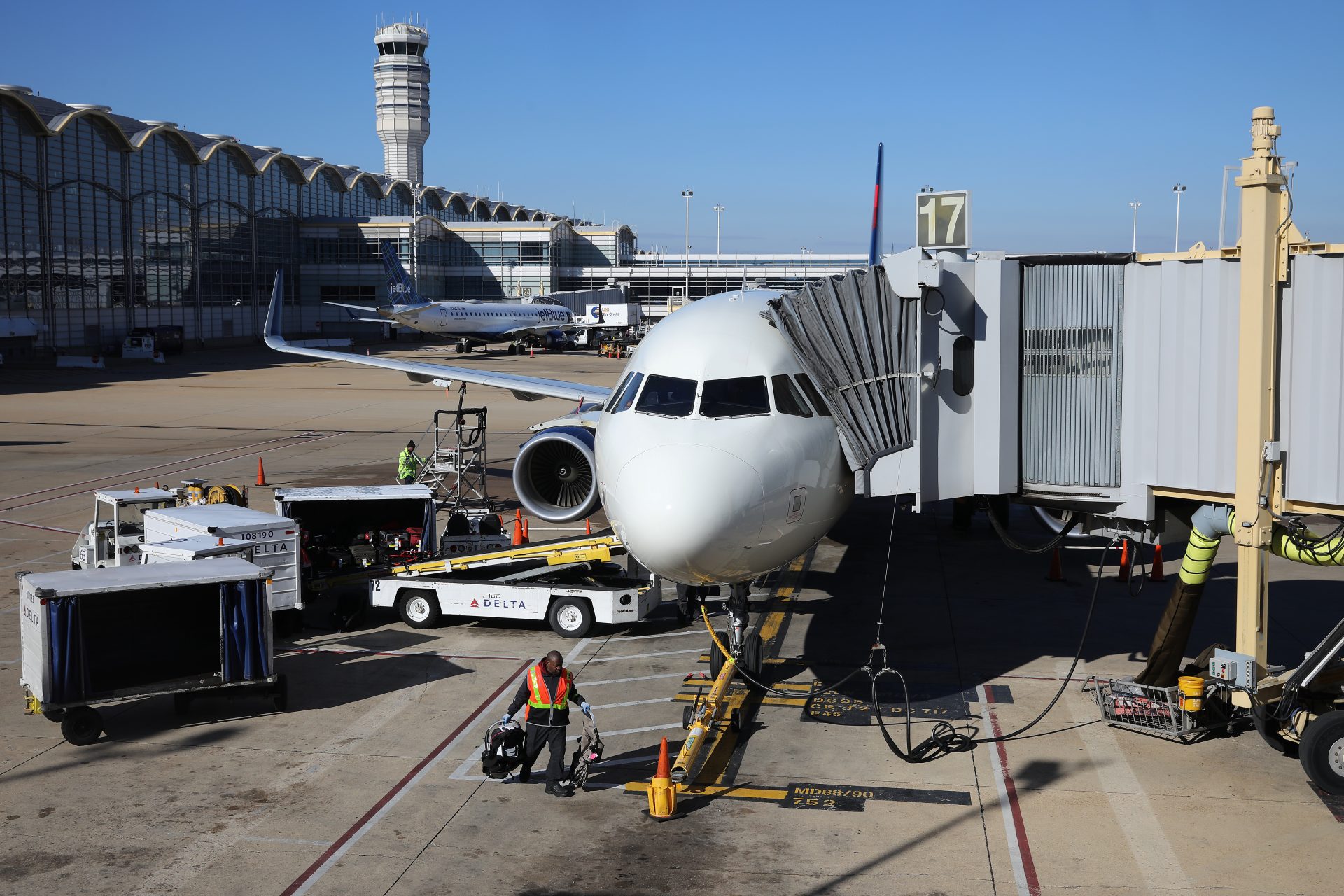Is your health at risk from airport noise and pollution?
Do you live close to an airport? If you do, your health could be at risk, as there are multiple health threats that come with living near one.
Living near a busy airport can increase your risk of developing serious health conditions, according to a new study by the NGO Transport & Environment, which looked at the health of people living around 32 major European airports.
The study looked at the impacts of related air pollution and found that the fine particles and toxic chemicals in jet fuel emissions and lubrication oils contribute to the increased health risks for residents near airports, infiltrating local air quality with potentially harmful substances. Worldwide, the study says emissions by jet engines cause up to 21,200 premature deaths per year.
Ultrafine particles (UFPs) are a subset of the emissions and are particularly concerning because they can penetrate deep into the human body, reaching vital organs. The World Health Organization (WHO) has declared that air pollution may be the greatest environmental risk to health in the world!
The study estimates that around 280,000 cases of high blood pressure can be attributed to UFP exposure, highlighting the cardiovascular risks associated with living near airports. In general, this is 2.6% higher than the general population.
Even worse, researchers found that approximately 330,000 cases of diabetes in Europe may be connected to UFP exposure from nearby airports.
About 18,000 cases of dementia are estimated to be linked to the high levels of UFPs emitted by airport activity, suggesting a troubling trend for cognitive health in these populations. Indeed, the researchers found that those living close to busy airports have a 7.3% higher risk for dementia.
“The 3.8 million people living within 5 kilometers (3 miles) from the airports in [the study] scope are the most affected, with estimated average UFP concentrations of 5,000 particles/cm3, going up to 10,000 particles/cm3 around airports like Paris Charles de Gaulle or London Heathrow,” the study says.
The study highlighted that there is limited research on how these emissions affect airport workers. However, baggage handlers were found to be the most exposed to ultrafine particles - seven times more than employees working indoors!
The cities of Paris, Amsterdam, Frankfurt, London, and Madrid have the highest estimated concentrations of UFPs because of heavy airport traffic, making them hotspots for potential health risks, according to the study.
Despite their significant health implications, UFPs are not regulated by current environmental standards, a gap that has persisted despite longstanding warnings about their dangers from entities like the World Health Organization.
The study advocates for new EU standards that would mandate a reduction in the sulfur and aromatic content of jet fuel, which could decrease UFP levels by up to 70%. It also recommends bans on airport expansion and the introduction of flight caps to control pollution levels.
The latest study only looked at the impact of aviation-caused air pollution, but past studies have found that living near an airport can also mess with your sleep. In 2023, a US team of researchers found that exposure to even moderate levels of airplane sounds increased the odds of short sleep, further compounding health concerns.
Never miss a story! Click here to follow The Daily Digest.
Photo: Kampus Production/ Pexels
More for you
Top Stories


























